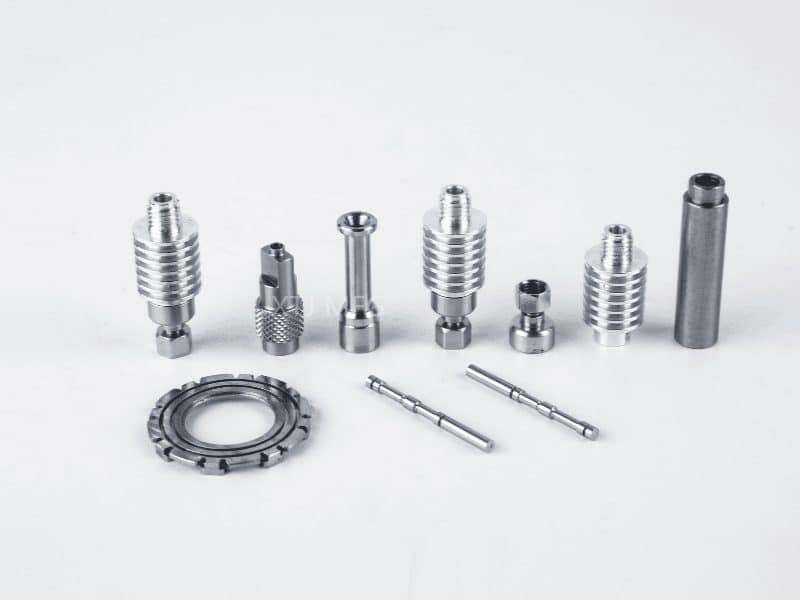Threaded holes are a crucial feature in many industrial and manufacturing applications, providing a secure and reliable means of fastening components together. In this article, we will explore the importance of threaded holes in secure fastening, and discuss the benefits of using threaded holes in various industries.
What are Threaded Holes?
Threaded holes are holes that have been drilled and then threaded using a die or a thread-cutting tool. The threads in the hole provide a secure grip on the screw or bolt, preventing it from coming loose over time. Threaded holes can be created in a variety of materials, including metals such as aluminum, steel, and titanium.
Importance of Threaded Holes in Secure Fastening
Threaded holes play a critical role in secure fastening by providing a strong and reliable connection between components. The threads in the hole provide a large surface area for the screw or bolt to grip, making it difficult for it to come loose even under heavy loads or stresses. This is especially important in applications where safety is paramount, such as in aerospace or automotive industries.

Benefits of Using Threaded Holes
The use of threaded hole offers several benefits, including improved fastening strength, reduced risk of damage to surrounding material, and increased reliability. Threaded holes also provide a clean and precise finish, which can be important in applications where aesthetics are important.
Common Applications of Threaded Holes
Threaded holes are commonly used in a wide range of industries, including aerospace, automotive, construction, and manufacturing. They are used in applications such as engine mounts, gearboxes, and other machinery where high-strength connections are required.
Materials Used for Threaded Holes
Threaded holes can be created in a variety of materials, including metals such as aluminum, steel, and titanium. The type of material used will depend on the specific application and the required strength and durability of the threaded hole.

Design Considerations for Threaded Holes
When designing threaded holes, several factors must be considered, including the size and depth of the hole, the type of thread pattern required, and the material being used. The design must also take into account any stresses or loads that will be applied to the connection.
Conclusion
In conclusion, threaded holes are an essential feature in many industrial and manufacturing applications, providing a secure and reliable means of fastening components together. By understanding the importance of threaded holes in secure fastening and selecting the right materials & designs – manufacturers can ensure their products meet highest standards quality & performance while minimizing risks associated with faulty connections!
